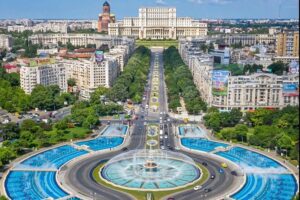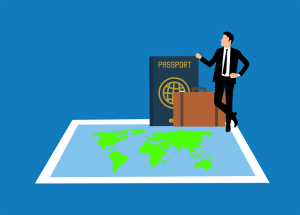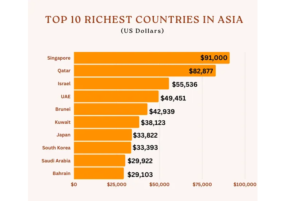Top 10 most populated cities in Africa in 2023
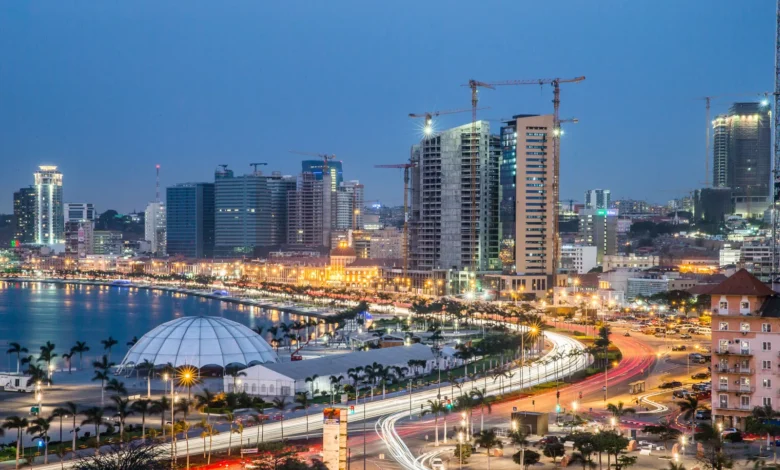
What are the top 10 most populated cities in africa in 2023? Africa is a continent experiencing rapid urbanization and population growth. With its sprawling urban centers, Africa is home to some of the most populous cities in the world. The factors driving this population boom include migration, natural population growth, and economic opportunities. In this article, we will explore the top 10 most populated cities in Africa in 2023, based on data from the World Population Review. It is important to note that while some cities may have larger populations, this list focuses on the top 10 cities with the highest population growth rates.
| Rank | City | Country | Year of estimate | Global Rank | Estimated Population |
|---|---|---|---|---|---|
| 1 | Cairo | Egypt | 2023 | 7th | 22,183,200 |
| 2 | Kinshasa | Democratic Republic of the Congo | 2023 | 13th | 16,315,534 |
| 3 | Lagos | Nigeria | 2023 | 14th | 15,945,912 |
| 4 | Luanda | Angola | 2023 | 40th | 9,292,336 |
| 5 | Dar Es Salaam | Tanzania | 2023 | 49th | 7,775,865 |
| 6 | Khartoum | Sudan | 2023 | 61st | 6,344,348 |
| 7 | Johannesburg | South Africa | 2023 | 63rd | 6,198,016 |
| 8 | Abidjan | Ivory Coast | 2023 | 70th | 5,686,350 |
| 9 | Alexandria | Egypt | 2023 | 72nd | 5,588,477 |
| 10 | Addis Ababa | Ethiopia | 2023 | 75th | 5,460,591 |
1. Cairo, Egypt
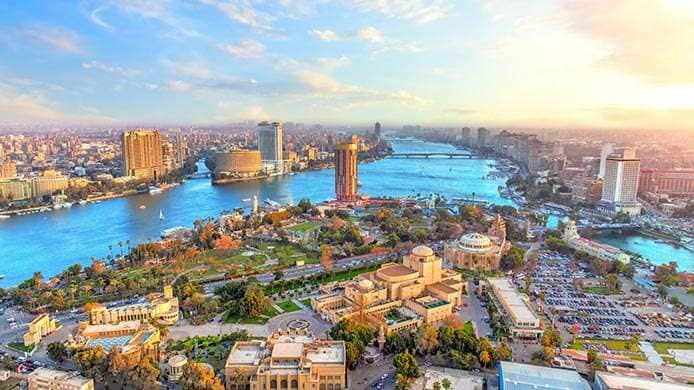
Cairo, the capital of Egypt, remains the most populous city in Africa. With a population of approximately 22,183,200 in 2023, Cairo ranks 7th globally in terms of population. The city’s growth rate stands at 1.99%. Cairo’s population is expected to continue its upward trajectory due to factors such as migration and urbanization. The city’s vibrant culture, historical significance, and economic opportunities make it a magnet for people from all over Egypt and beyond.
2. Kinshasa, Democratic Republic of Congo
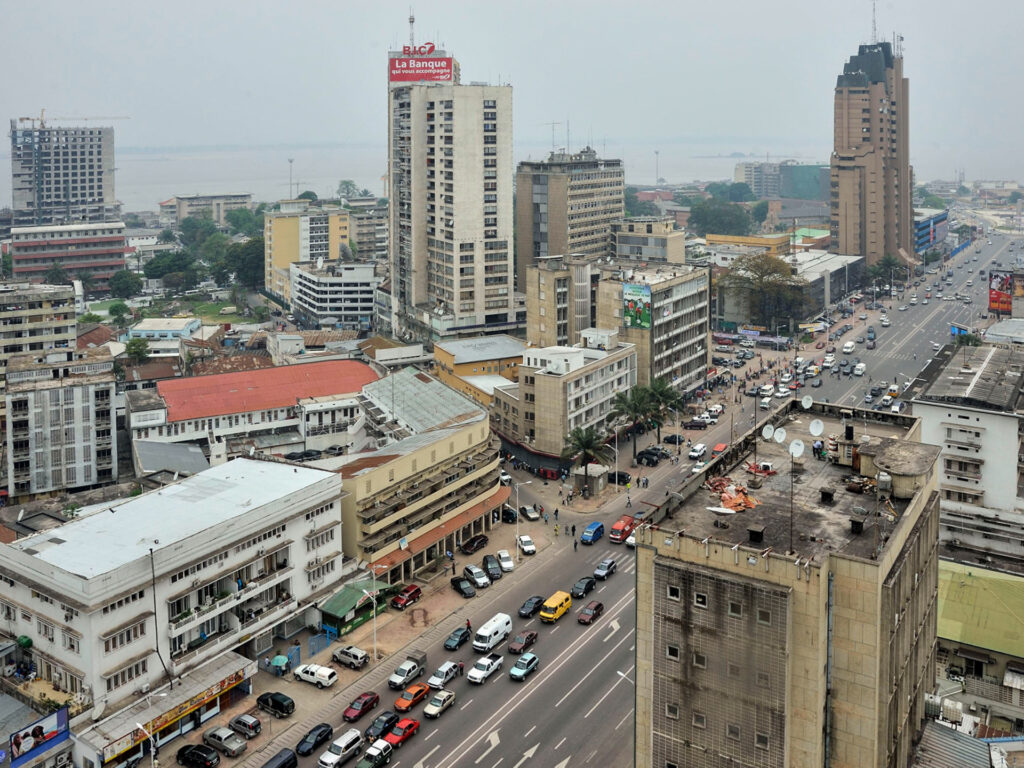
The second most populous city in Africa is Kinshasa, located in the Democratic Republic of Congo. With a population of around 16,315,534 based on the 2023 estimate, Kinshasa ranks 13th globally in terms of population. The city’s growth rate is an impressive 4.40%. Kinshasa’s strategic location on the Congo River and its status as the country’s capital contribute to its population growth. The city is a major economic and cultural hub, attracting people from all over the country.
3. Lagos, Nigeria
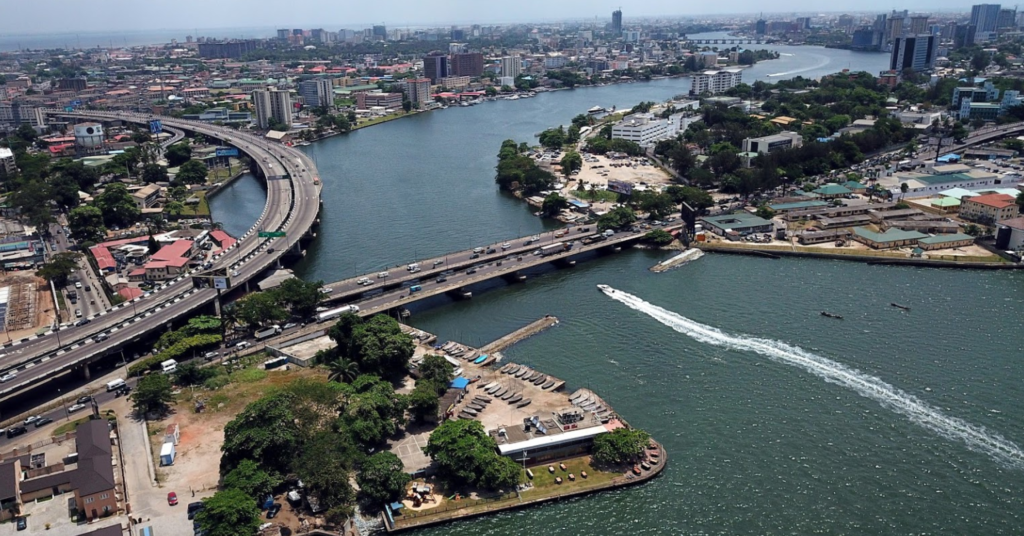
Lagos, Nigeria’s economic powerhouse, is the third most populous city in Africa. With a population of approximately 15,945,912 based on the 2023 estimate, Lagos ranks 14th globally in terms of population. The city’s growth rate stands at 3.63%. Lagos is known for its bustling markets, vibrant music scene, and entrepreneurial spirit. It continues to attract migrants from all over Nigeria and beyond in search of economic opportunities.
4. Luanda, Angola
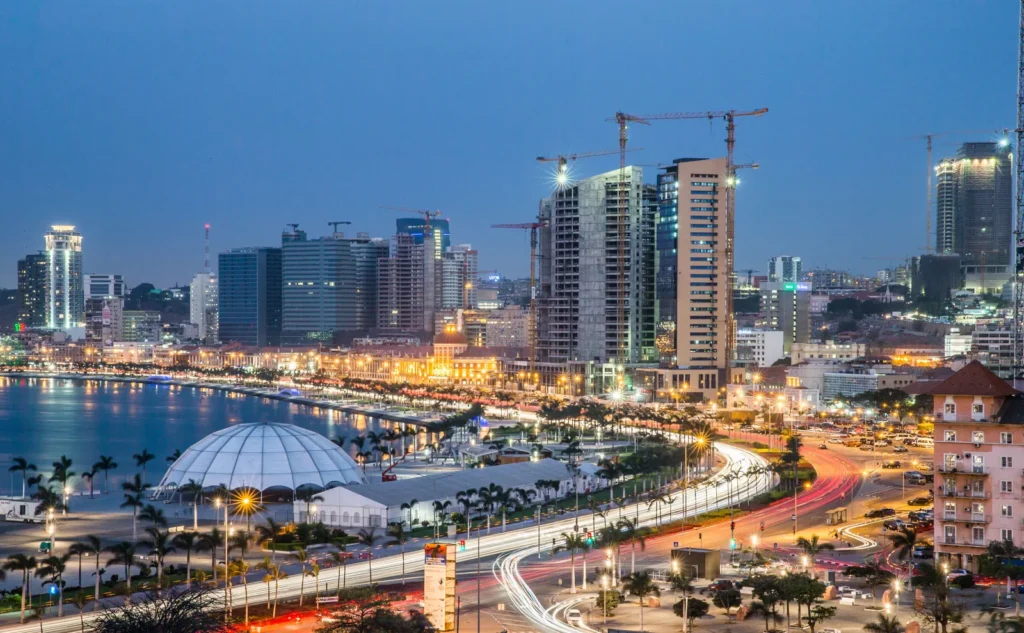
Luanda, the capital of Angola, is the fourth most populous city in Africa. With a population of around 9,292,336, Luanda ranks 40th globally in terms of population. The city’s growth rate is 3.80%. Luanda’s position as Angola’s economic and administrative center makes it a magnet for people seeking job opportunities. Despite its challenges with housing and infrastructure, Luanda continues to grow rapidly.
5. Dar Es Salaam, Tanzania
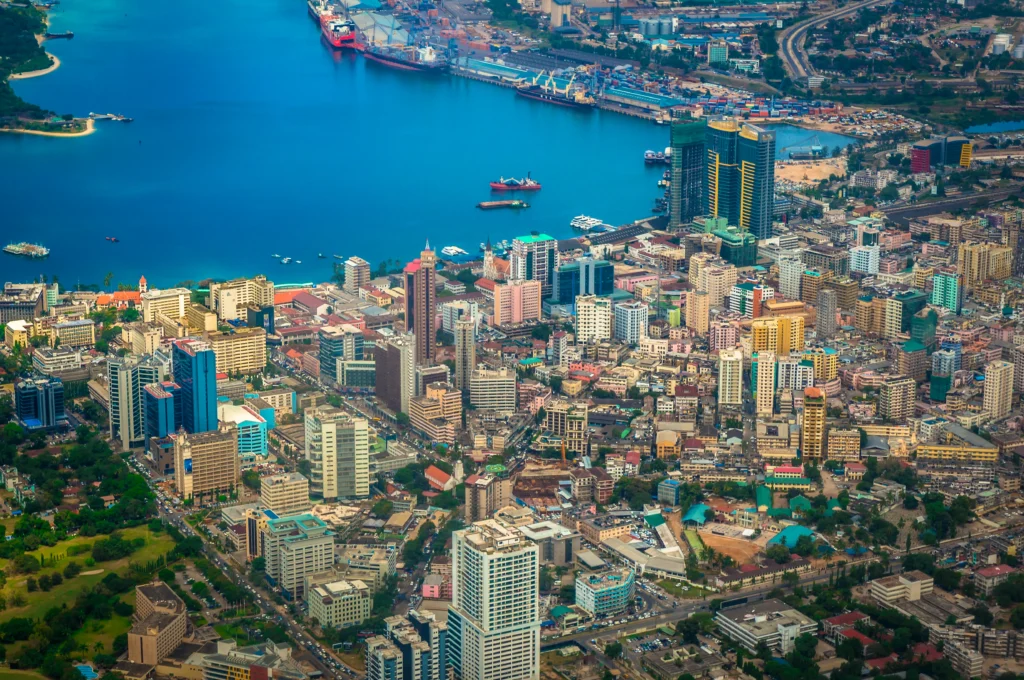
Dar Es Salaam, the economic hub of Tanzania, is the fifth most populous city in Africa. With a population of approximately 7,775,865, Dar Es Salaam ranks 49th globally in terms of population. The city’s growth rate stands at 5.01%. Dar Es Salaam’s strategic location on the coast of East Africa has contributed to its rapid growth, as it serves as a major port and gateway for trade in the region.
6. Khartoum, Sudan
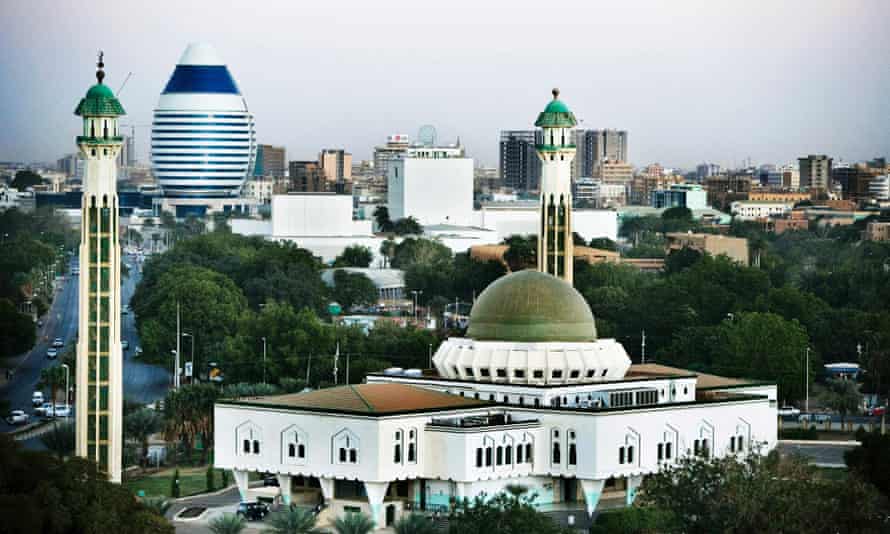
Khartoum, the capital of Sudan, is the sixth most populous city in Africa. With a population of approximately 6,344,348, Khartoum ranks 61st globally in terms of population. The city’s growth rate is 2.99%. Khartoum’s strategic location at the confluence of the Blue Nile and White Nile rivers has made it a center of trade and commerce. The city continues to attract people from all over Sudan in search of economic opportunities.
7. Johannesburg, South Africa

Johannesburg, South Africa’s economic powerhouse, is the seventh most populous city in Africa. With a population of approximately 6,198,016, Johannesburg ranks 63rd globally in terms of population. The city’s growth rate stands at 2.19%. Johannesburg is known for its vibrant cultural scene, thriving business sector, and rich history. It continues to attract migrants from all over South Africa and neighboring countries.
8. Abidjan, Ivory Coast
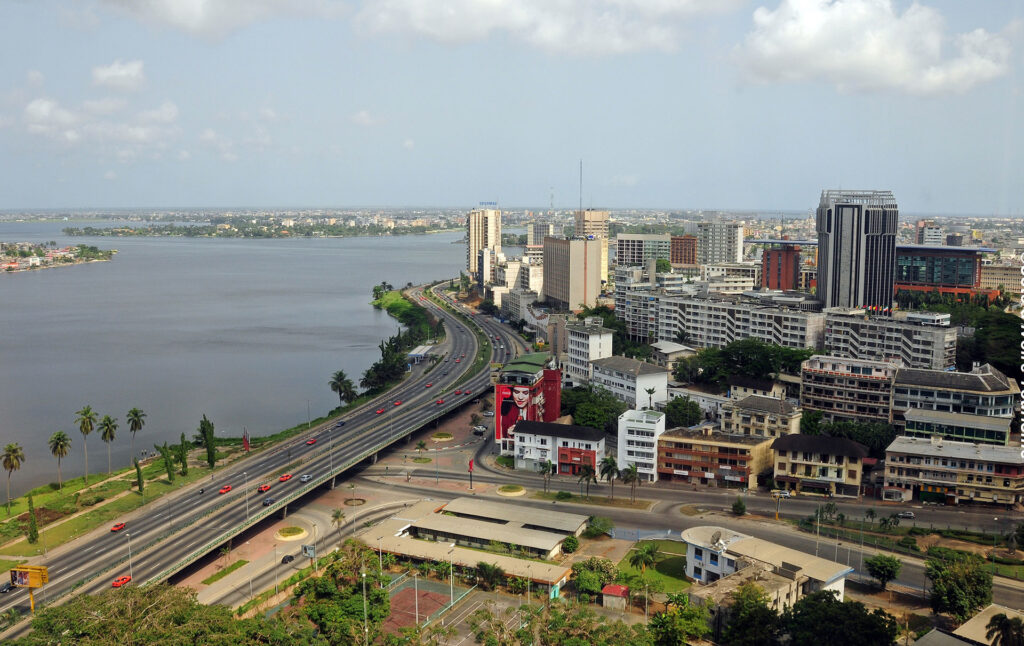
Abidjan, the economic capital of Ivory Coast, is the eighth most populous city in Africa. With a population of approximately 5,686,350, Abidjan ranks 70th globally in terms of population. The city’s growth rate is 3.09%. Abidjan’s status as a major economic and commercial center in West Africa contributes to its population growth. The city is known for its modern skyline, bustling markets, and vibrant nightlife.
9. Alexandria, Egypt
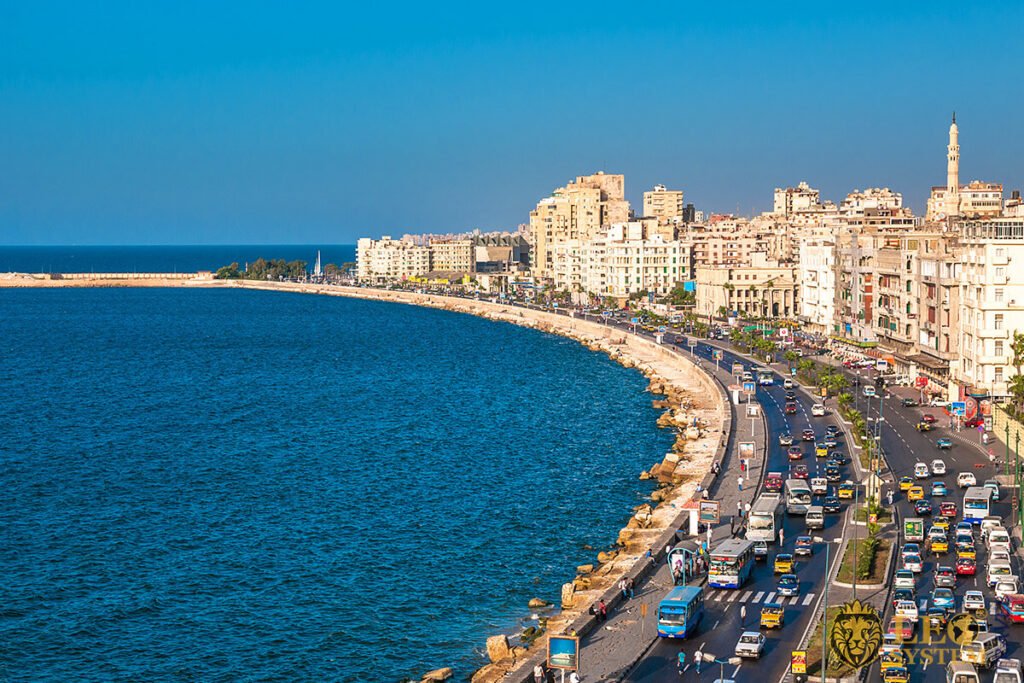
Alexandria, located on the Mediterranean coast of Egypt, is the ninth most populous city in Africa. With a population of approximately 5,588,477, Alexandria ranks 72nd globally in terms of population. The city’s growth rate stands at 1.91%. Alexandria’s rich history, beautiful beaches, and strategic location make it an attractive destination for tourists and migrants alike.
10. Addis Ababa, Ethiopia
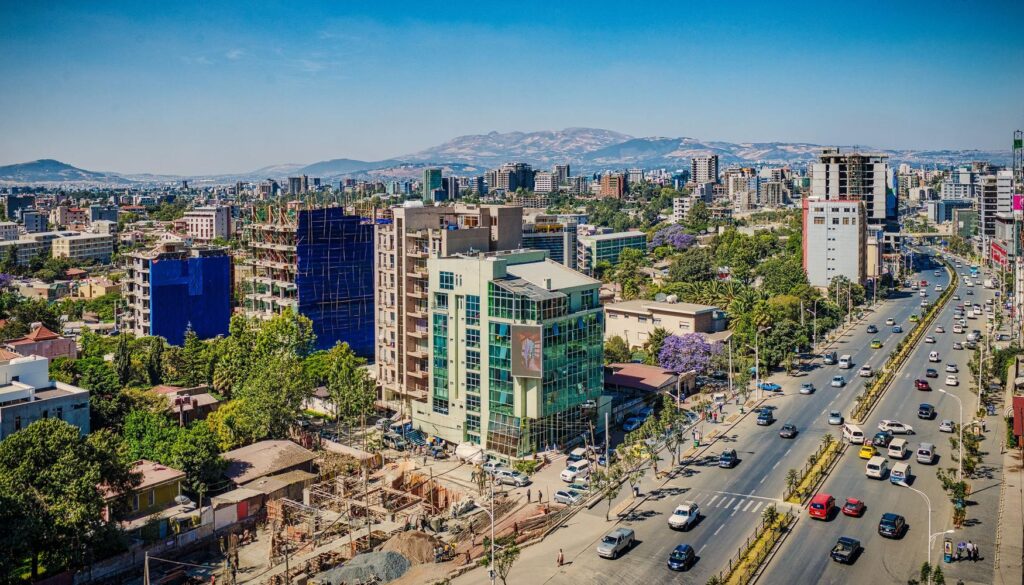
Addis Ababa, the capital of Ethiopia, is the tenth most populous city in Africa. With a population of approximately 5,460,591, Addis Ababa ranks 75th globally in terms of population. The city’s growth rate is 4.45%. Addis Ababa is known for its vibrant culture, historical landmarks, and diplomatic significance as the headquarters of the African Union and the United Nations Economic Commission for Africa.
In conclusion, Africa’s urban centers are experiencing significant population growth, with Cairo, Kinshasa, and Lagos leading the way as the most populous cities on the continent. As these cities continue to grow, it is crucial for governments and stakeholders to address the challenges associated with urbanization, such as housing shortages, inadequate infrastructure, and socioeconomic disparities. By investing in sustainable urban development, job creation, and improved living conditions, African cities have the potential to become vibrant hubs of economic and social progress.
Conclusion
Africa is home to some of the largest and most populous cities in the world. In this blog post, we have explored the top 10 most populated cities in Africa in 2023. These cities are all major economic and cultural centers, and they play an important role in the development of the continent.
As Africa continues to grow and develop, we can expect to see its cities become even more populous in the coming years. This will bring new challenges and opportunities, and it is important to be prepared for this growth. We need to invest in infrastructure and services in our cities, and we need to ensure that everyone has access to education and employment opportunities.
